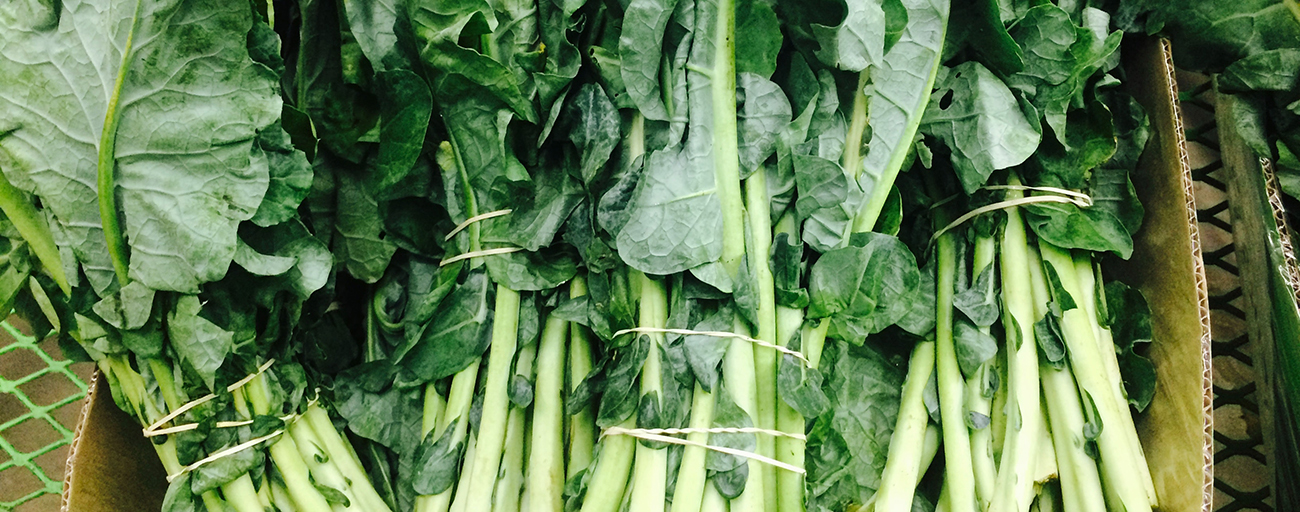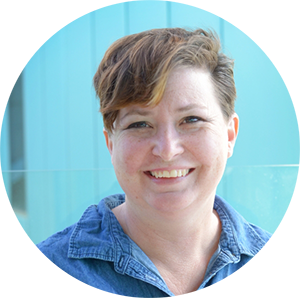
Improving community garden longevity
Morgan Winburn, Keep Tempe Beautiful
Background
There is a great disconnect in how people interact with their food. Agriculture and human evolution have developed alongside each other. Within the last three generations the majority of people do not grow their own food nor have direct connection to someone that does. Our food industry has become unsustainable as it has become industrialized. The agricultural knowledge of our recent ancestors is being lost at an alarming rate. Agricultural industries are aging out for better paying, less risky and physically less tasking for technology driven careers. Community Gardens are a way to connect to that knowledge.
It is increasingly clear that providing for populations gravitating to more urban settings is becoming a challenge. 90% of Arizona's population is living in the 5.3% urban developed land. 62% of that is in Maricopa county (2010 census). Compared to just a hundred years prior where 31% of the population lived in cities (1910 census) and 79% on farmland. One must also take into account climate changes affecting the viable farmland and water resources. In Maricopa county less than 122 square miles are for food production, meaning that most of our food is imported. Community gardens are a key to connecting people to the needed skills but often fail to thrive after two years, as they do not have the foundational organizational structures to be successful beyond a hobby for the elite. We need to look at innovative ways to connect urbanscapes to sustainable agriculture outlets. Creating a business like frameworks creates a pathway to be self-sufficient and thus resilient, especially in low income neighborhoods that are short on resources and time.
Research questions
-
How do we strengthen and connect neighborhoods to create food security?
-
How do we bridge the knowledge gap in a vital industry that is aging out?
-
How do we establish community gardens as an agribusiness?
Methods and findings
I needed to find community gardens at different stages of development. I found a garden with land but the community had no understanding on how to start beyond ambition. Another had lost their land to urban development and were looking for alternative ways to support other gardens. The third, an established garden in transition, seeking a new governing organization for growth and trying to becoming a vital establishment of the neighborhood. They were also under the threat of being lost to urban growth and burn out of the founding members and fighting for survival. Could these three gardens become assets for their neighbors and become resilient?
Partners
-
Keep Tempe Beautiful- Clark Park Community Garden: This site was selected as an established community garden. It is navigating new city requirements and facing being shut down. There was a natural turn over in leadership as well.
-
Creighton Community Foundation- Starting Bountiful Oasis Gardens: Just breaking ground and creating a community garden from the foundational stages having non-profit organizational support.
-
Urban Farming Education- formerly Agave Gardens, Starting Community Garden Association: Agave Gardens was 5 acres of community gardens lost to urban development. We are working together to give a larger voice, support and resources to community gardens.
-
Arizona Sustainability Alliance funding Spectacle Oasis Neighborhood Garden; Creating a food forest and garden on private property in the host’s front yard to create food security for the neighborhood.
Impact
We are creating pathways for individuals to make deep emotional connections to nature that are being lost in the urban setting. Creating healthier lifestyle changes for individuals and the community for food security. It impacts the environment by creating more shade by minimizing the heat island effect and creating more habitats for nature. It is connecting necessary skills and creating new job opportunities in underserved communities and for a business that needs a new generation and innovation to survive.
Deliverables
The educational material is being developed with community members and still needs to be refined.
We have started a Community Garden Association to support a network of community gardens. We are also creating a web page that will indicate demographic information about local community gardens to each other and community connections.
Morgan Winburn
Community Garden Chair
Keep Tempe Beautiful
Community Fellow, 2022
As former Elementary Educator, Morgan has been organizing community movements through food security and education for the last 15 years. Working with Grassroots Community Gardens and School Gardens, creating positive ways to connect and produce food to nourish the body and soul. Morgan has worked with the City of Phoenix on various projects and programs, from writing the codes for community gardens in residential areas to most recently the Backyard Garden Program. Has helped community based non-profits get established and it currently starting her own venture in a creating mutual aid co-op for community gardens as a 2022 KER Fellow at ASU.
